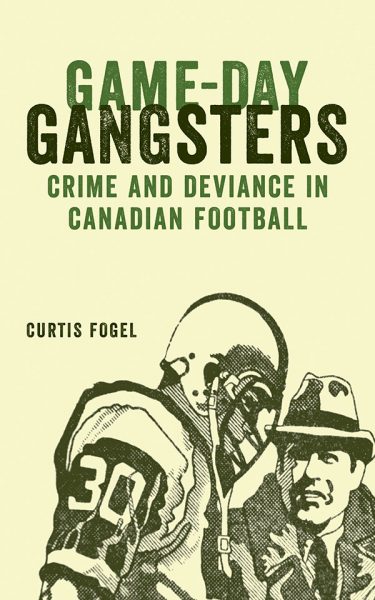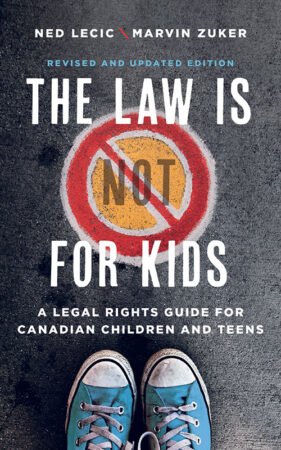In the complicated interaction between sport and law, much is revealed about the perception and understanding of consent and tolerable deviance. When a football player steps onto the field, what deviations from the rules of the game are considered acceptable? And what risks has the player already accepted by voluntarily participating in the sport? In the case of Canadian football, acts of on-field violence, hazing, and performance-enhancing drug use that would be considered criminal outside the context of sport are tolerated and even promoted by team and league administrators. The manner in which league review committees and the Canadian legal system understand such actions highlights the challenges faced by those looking to protect players from the dangers of the sport. Although there has been some discussion of legal and institutional reforms dealing with crime and deviance in Canadian sport, little exists in the way of sports law, with most cases falling into the legal categories of criminal, administrative, or civil law.
In Game-Day Gangsters, Fogel argues for a review of the systems by which Canadian football is governed and analyzes the reforms proposed by football leagues and by players. Juxtaposing material from interviews with football players and administrators and from media files and legal cases, he explores the discrepancies between the players’ own experiences and the institutional handling of disciplinary matters in junior, university, and professional football leagues across the country.
Reviews
Game-Day Gangsters offers a rare and valuable analysis into the much-misunderstood and under-theorized world of deviance on the sporting field. […] The work is ground-breaking on occasion and yet written in a manner that will be inviting to younger readers, notable at the senior secondarly levels.
Canadian Law Library Review
Curtis Fogel focuses on junior, university, and professional leagues in Canada, presenting interesting information about the similarities and differences that exist on these three levels. This analysis not only presents interesting contrasts between these three levels, but draws attention to the junior and university levels which are scrutinized less than the professional game. […] The book is effective in demonstrating just how difficult it is for the law to effectively regulate sport.
Saskatchewan Law Review
Table of Contents
- Acknowledgements
- Abbreviations
- Legal Cases Cited
- 1. Discerning Consent in Canadian Sport
- 2. A Brotherhood of Violence and Mutilation
- 3. Hazing in the Aftermath of McGill’s Mr. Broomstick
- 4. Athletes in the Era of Performance-Enhancing Drugs
- 5. Arenas of Toleration in Canadian Football
- 6. Constrained Consent on the Gridiron
- 7. Implications of this Research
- List of Interviews
- References / Index
This work is licensed under a Creative Commons License (CC BY-NC-ND 2.5 CA). It may be reproduced for non-commercial purposes, provided that the original author is credited.




